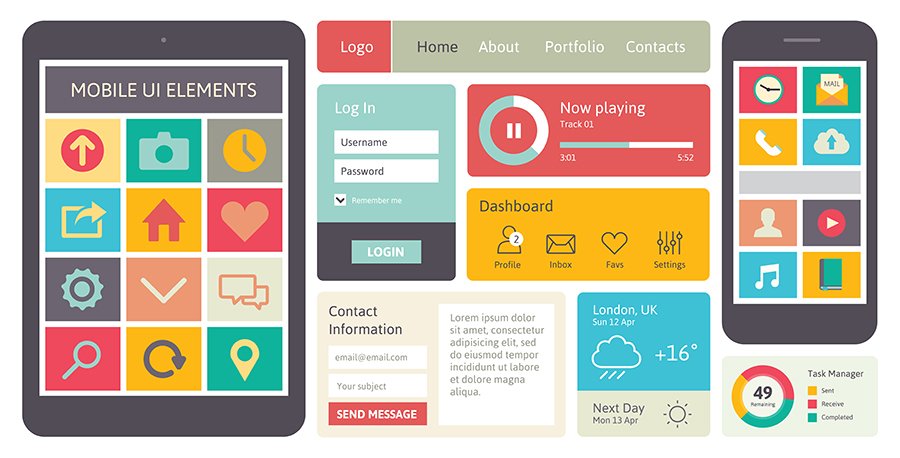Easy Hacks to Write Better Content

It pays to know the technical aspect of content writing, but it’s better to reinforce it with solid writing. Everyone can write, but not everyone is a writer. But at times, even writers feel like shit for a whole week and not know what to write about. That’s the dreaded plague of the creative block. Believe me, I’ve been through various bouts of this, and it sucks ass every time. I fail to see how I can write better content, despite having tons of material at my disposal.
But there are always lots of ways to write better content and make sure you’re doing it right in a fundamental standpoint. Sometimes, all you have to do is to go back to the basics. Most content writers never went to writing school or have a degree in writing—it just takes talent and a knack for words and brands to make it through.
So, if you are struggling to find the perfect voice and the proper words, here are a couple of easy hacks on how to write better content.

The Power of Illustration
It’s easy to describe shit that’s happened or are happening. “Fuck, it’s a cloudy day,” or “would you look at that, it’s beautiful!” There’s nothing wrong with this; but if you’re putting it into writing, you have to show your reader what they are reading. Writing “it’s a cloudy day” isn’t enough to show the reader what a cloudy day looks like, let alone feel the things that are happening around you in such a day.
Consider the things around you and describe the feeling of being on a cloudy day: “The sky darkened in a gray-filled shade. The winds rustled the leaves. People huddle to themselves as the penetrating cold air becomes unbearable.”
Julia Freeman calls this the “show, don’t tell” method. It’s a good way to exercise your storytelling prowess and make your reader understand the situation better. Set the tone and feel of the situation, show your readers what a product would look like in real life. Tell them how a service would benefit their routine significantly.
The Right Way of Being Indirect
You’ve heard people say that in order for you to write better content, you have to be direct and fearlessly descriptive. While that is the case for most content out there, one can definitely write better content if they become a little indirect with a statement. This is when you use the passive voice to your advantage. Some writers scoff at the thought of it, but it actually works.
Ann Gynn of Content Marketing Institute offers a bit of nifty advice to do this. “Writers often mistakenly act like transcriptionists. They regurgitate what a person said word for word. Yet, few people speak in a way that conveys their thoughts clearly and succinctly,” says Gynn.

The keyword here is simplification. You can still be direct by being indirect—that is, simplifying an explanation and getting to the point expertly. If you’re writing a piece with direct quotes on them, Gynn advises on using it sparingly “when only the speaker’s language, sentiment, and explanation will do.”
Knowing When to Use Quotation Marks
If you want to put emphasis on something, you can do away with using quotation marks so you can write better content. According to Grammarly, “the rules for using quotation marks around a single word for emphasis have changed since people began using word processors for their writing. If a word needs to be emphasized but is not being quoted, you should avoid putting the word in quotes and use italics instead.”
Besides, it’s a popular TV and movie trope for characters to physically mimic the quotation sign to indicate irony. Now, we wouldn’t “want” that, wouldn’t we?
If Possible, Word Repetition Should Be Avoided (Unless Needed)
Unnecessary repetition in a sentence can be a bit jarring to some. Because when you practice repetition in one or two succeeding sentences, the repetition in itself becomes vexing and confusing to the reader.
See what I did there?
One of the keys to writing better content is to revise until you find that your piece is free from unnecessary words that show up frequently. Sure, keywords are important, but that doesn’t mean you should use them out of context for the sake of it being recognized by search engines. Although repetition can be used intentionally, say to emphasize something or create a humorous angle, make sure that using it contributes to the value of what you’re writing.

Meta Descriptions are Your Best Friend
If you fail to fill out the meta description field, Google will most likely take the first 155 characters of your content to show it on the SERP. Having a separate snippet for your meta description with appropriate keywords will help those who search for a specific query or value tremendously. It points them directly to your content. You might’ve come up with a nicely-written lead, but if it’s not supported by a compelling meta description, your efforts will be for naught.
Recommendations




Leave A Comment